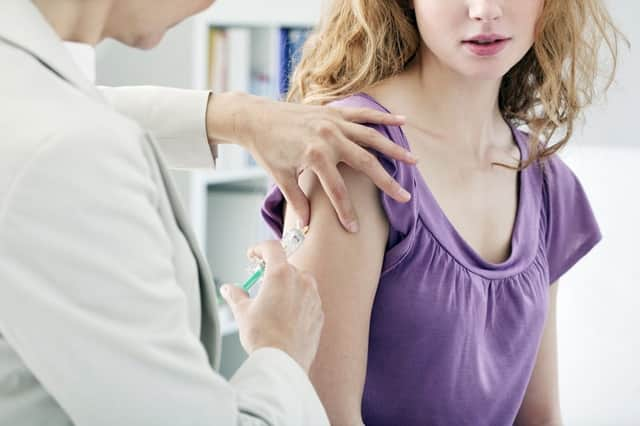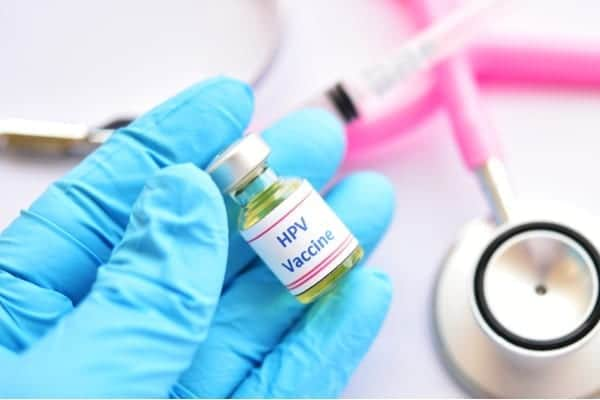Cervical cancer could one day be wiped out by success of HPV vaccination programmes - here's all you need to know


Cervical cancer could one day be eradicated thanks to the success of widespread human papilloma virus (HPV) vaccination programmes, scientists have claimed.
Vaccination against the HPV virus, which causes most cervical cancers, began more than a decade ago and its success so far in protecting women has raised hopes the number of cancer cases should significantly fall.
Possible eradication


Advertisement
Hide AdAdvertisement
Hide AdScientists reviewed 65 studies of 60 million people in 14 high income countries and found vaccination has led to an 83 per cent reduction in HPV infections among 15 to 19 year old girls, over the course of five to eight years.
Infections are down 66 per cent among women aged between 20 and 24.
The research, published in the Lancet medical journal, found the vaccination was linked to a huge reduction in the two types of HPV (16 and 18) which cause 70 per cent of cervical cancers.
A decrease was also seen in pre-cancerous growths and anogenital wart diagnoses, which can develop into cancer.
Scientists claim the vaccination could translate into a significant fall - and possible eradication - of cervical cancer cases over the decades.
The vaccination was linked to a huge reduction in the two types of HPV which cause 70 per cent of cervical cancers (Photo: Shutterstock)
Significant reductions
The review saw scientists look at HPV rates, cases of genital warts and pre-cancerous cells in the cervix, finding rates fell more in countries where a wider age group was vaccinated and where coverage was higher.
Rates were compared before vaccination started and eight years after, finding:
Advertisement
Hide AdAdvertisement
Hide AdCases of HPV 16 and 18 were down 83 per cent in girls aged 15 to 19, and 66 per cent in women aged 20 to 24Genital warts cases fell 67 per cent in girls aged 15 to 19, and 54 per cent in women aged 20 to 24Pre-cancerous growths were down 51 per cent in girls aged 15 to 19, and 31 per cent in women aged 20 to 24
The findings support the recently revised World Health Organisation (WHO) position on vaccinating multiple age groups when introducing the vaccine, rather than a single cohort.
Currently, the NHS offers the first dose of the HPV vaccine to girls aged 12 and 13, with the second dose being given six to 12 months later.